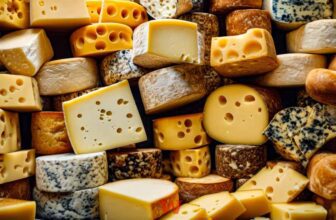Over the last couple of decades, gourmet (expensive) coffees have exploded in popularity. In some ways, coffee drinkers regard drinking their caffeinated nectar as a daily morning ritual, one that takes the drinker through exquisite flavors and mesmerizing aromas off to a globe-trotting adventure of the senses. Of course, actual worldwide travels would cost a small fortune, but at least the coffee itself doesn’t…right? Keep reading to discover our list of the most Expensive Coffees in the World.
Well, most coffee is fine and affordable, but if you are in the market for coffees from all over the world made from unique and spectacular beans, you might have to pay hundreds or even thousands of dollars for the luxury.
For true coffee enthusiasts, a premium cup of coffee is more than just a morning ritual, it’s an experience. The coffees on this list rank among the most expensive in the world, with prices influenced by factors such as rarity, production methods, and demand. While some of these luxurious brews are universally loved, a few of them, especially two of the top three, are considered an acquired taste.
From hand-picked beans grown in volcanic soil to specialty blends processed in the most unique ways, these coffees command astonishing prices per pound and kilo. Whether it’s due to limited supply, exclusive harvesting techniques, or unmatched quality, each one has earned its place among the world’s priciest caffeinated indulgences.
If you appreciate premium gourmet items, you may also enjoy learning about some of the rarest teas ever sold, another beverage market where exclusivity drives sky-high prices. Now, grab a fresh cup of your favorite brew and let’s explore the most expensive coffees in the world.
TOP 17 of the world’s most Expensive Coffees
1. Black Ivory Coffee ($1,500/lb / $3,304/kg)
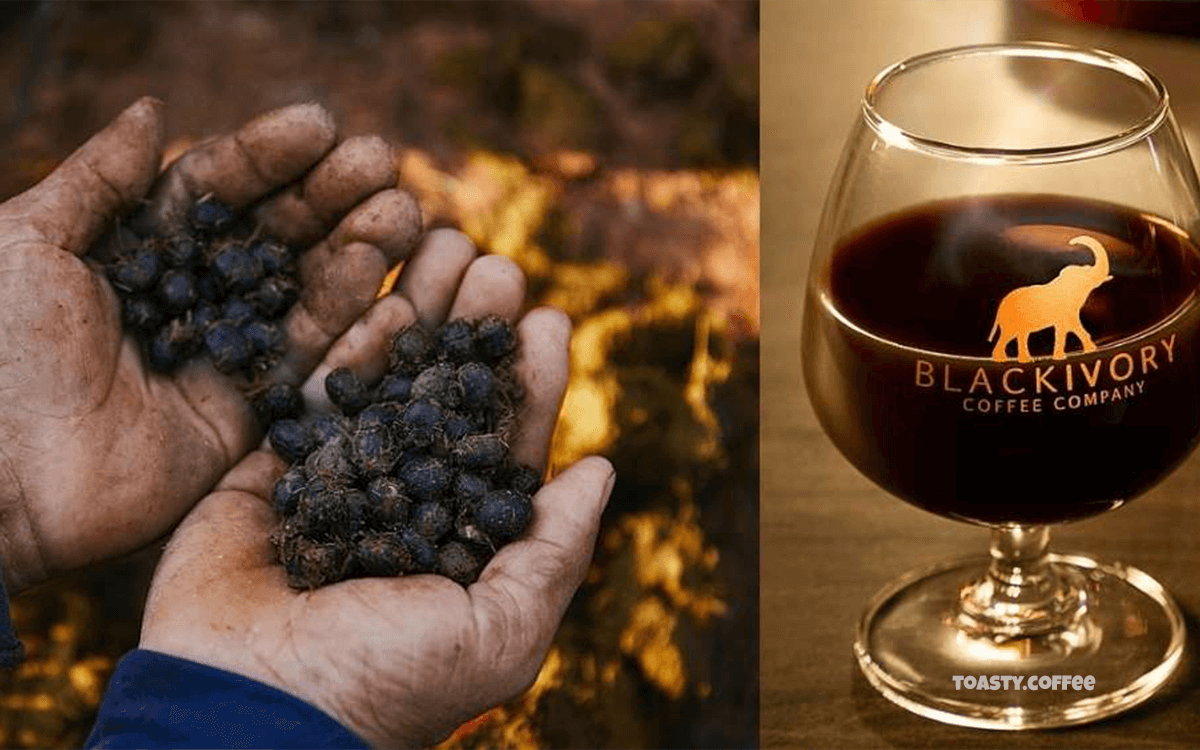
Black Ivory coffee is more than just an exotic name. Its flavorful aroma carries subtle hints of spice, chocolate, malt, and grass. Unlike the bitter or burnt taste that people generally associate with coffee, this variety has none of that. Black Ivory’s taste is distinguishable to someone that is not even a coffee expert.
The natural refinement process of Black Ivory is perhaps its most distinct characteristic. It is “naturally processed” by elephants. This process involves feeding Arabica beans to elephants or Northern Thailand, and as they are digested, an enzyme produced by the animal’s digestive tract drives the beans’ smooth, refined taste. The elephants eventually defecate and the beans are retrieved from their massive dung piles, cleaned, dried, and roasted before being distributed for sale to the public by the Black Ivory Coffee Company.
This process, however, is not just about a unique product on the market. It is a way to incentivize Thai people to preserve their elephants as they cannot develop this product without these majestic creatures. This creates many job opportunities for many Thai citizens who are living below the poverty line to provide for their loved ones.
As of this writing, Black Ivory Coffee Company is making their product available in 1-pound boxes for $1,000 per unit, and a smaller sampler unit in a 3-pack box of Nespresso-compatible coffee, sold for $80 a piece (which breaks down to roughly $27 per cup). This year’s products have been at the lowest prices in a long time, and that is reflective of a higher than average harvest of the beans (roughly 150 kg or 330 pounds).
The brand’s common trade name is offered primary to upscale hotels, and the brand is available in the US only under its trade name, though generic offerings are available in certain worldwide markets.
2. Ospina Dynasty Grab Cafe Premier Classe Grand Cru ($150/lb / $330/kg)
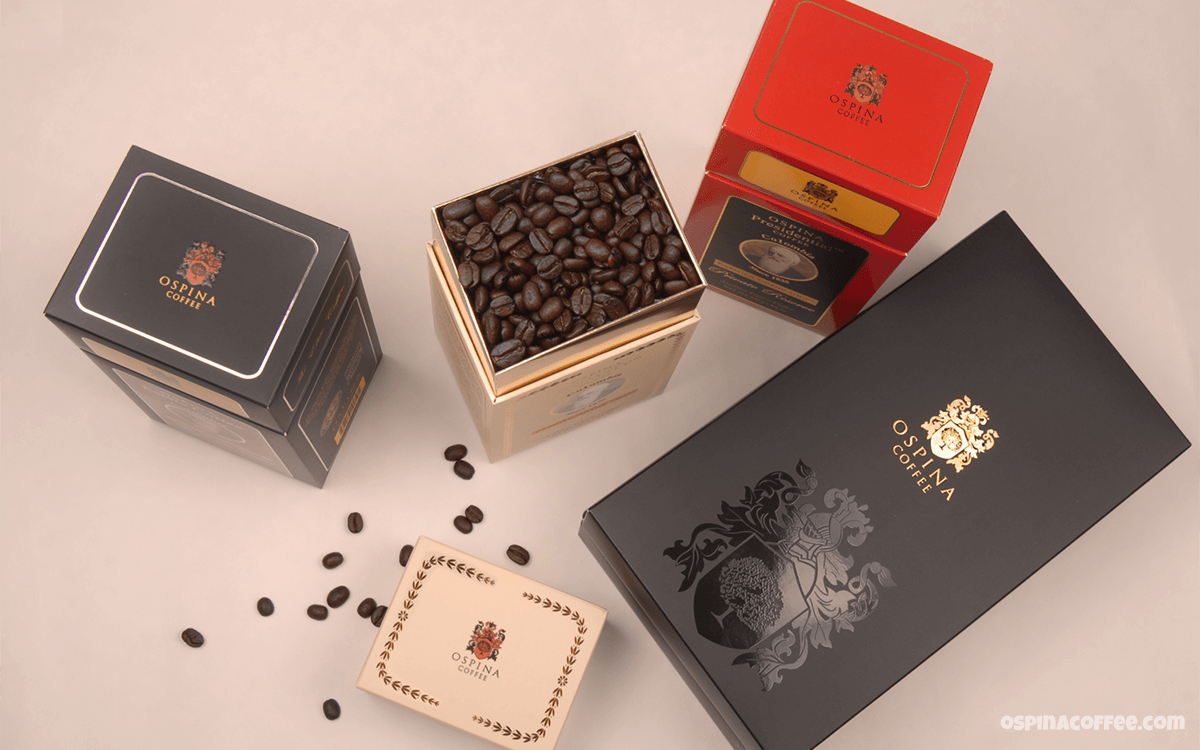
Most of us have seen Columbia House coffee commercials with “Juan Valdez” as the burro-sided pitchman showing up by people’s windows to offer them a cup. The company, started by the Ospina family allegedly originated the character to sell their more budget-friendly beans. That’s because their top-tier Dynasty Grab Cafe Premier Classe Grand Cru’s quality needed no advertising.
This exquisite coffee boasts a combined aroma of peach, oranges, orange blossoms, and jasmine, along with tastes in varieties that include chocolate, berries, macadamias, and coconut, with a wine-like, fruity and crispy aftertaste. These rare beans are grown in the Andes mountains of Columbia at staggering altitudes of 7700 to 7900 feet (2345 to 2410 meters).
The quality is not in the bean alone, but in the effort put forth by the Ospina family that devotes the process to their meticulous attention. Those who grew up on the plantation growing these beans have told reporters it is the family’s true labor of love. The production of the means is very selective, especially in exports to the U.S., with only the supremos (the best of the best), shipped there for sale.
Typically, this coffee sells for $150 per pound, but over the last few seasons, the prices have been higher, to the tune of $1,400 per pound or $3,080 per kg.
3. Kopi Luwak ($600/lb / $1,322/kg)
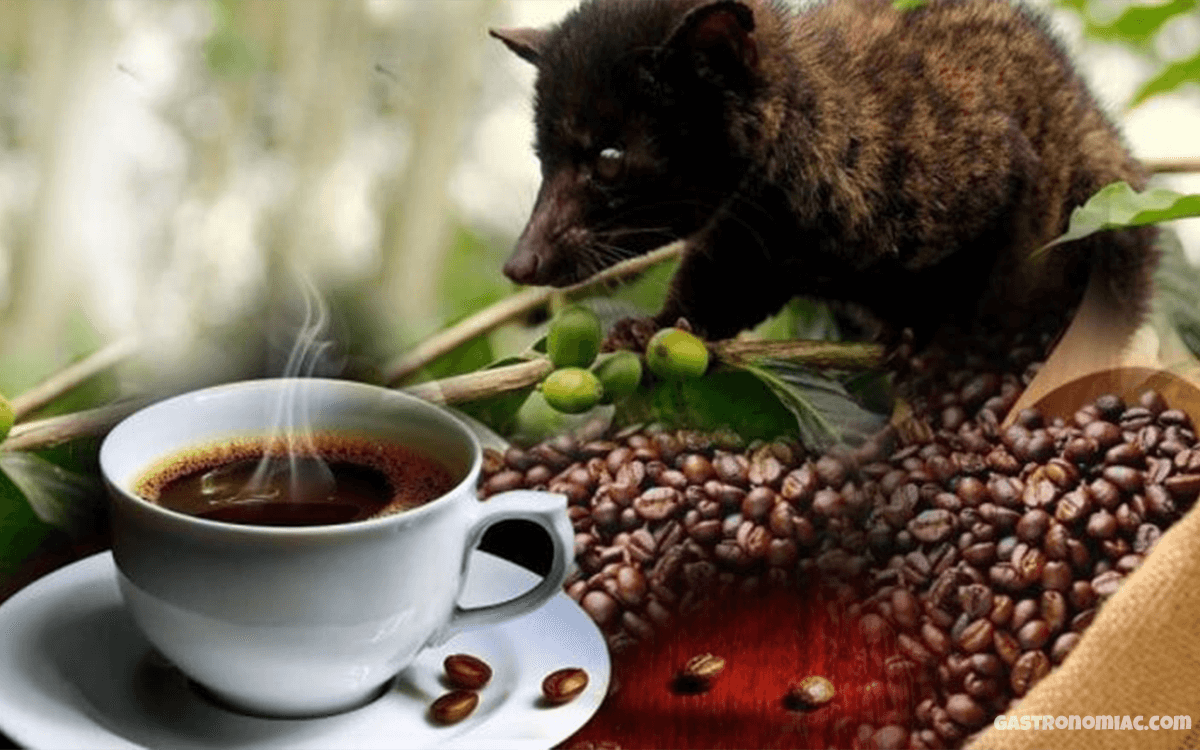
While not the world’s most expensive, Kopi Luwak is almost certainly the world’s most infamous brand, not to mention utterly delicious. Taking a page out of the book of the Black Ivory Coffee brand, the Kopi Luwak is a selection of coffee beans that has gone through the digestive tract and been defecated by Asian palm civets, sometimes known as toddy cats. The processing of the coffee beans is similar to that of many others once they are retrieved from the animals’ species and washed.
The toddy cats have a distinct taste in the coffee beans they consume, eating only the most flavorful ones. The beans’ quality only improves after they have passed through the digestive system.
Of course, some groups are ringing the alarms related to the questionable ethics of capturing toddy cats just to involve them in the process of developing Kopi Luwak coffee. This wasn’t always the case either. It used to be that workers would search through the plantations for droppings and inspect them for beans. These days, toddy cats are captured and caged on Indonesian, Philippine, and East Timor farms, where most are fed lackluster diets resulting in illness and overwhelming mortality rates.
Aside from the appalling condition of toddy cat farms, a portion of the industry is also rife with fraud. Even on islands where civet cats are commonly found, Kopi Luwak is difficult to find, which leads to another common brand in Indonesia, called the Luwak, which sells for just $1.40 per pound (or $3 per kg) to be substituted in its place.
One of the starkest differences between Kopi Luwak and Black Ivory is that in the latter while paying exuberant prices, the buyer can be assured that they are getting the very best. The elephants involved actually genuinely like the coffee beans’ taste and chew the entire bean when consuming it, making finding unchewed coffee beans in elephant dung quite rare. These elephants are also not caged and exploited, but rather cared for in an elephant preserve under the care of wildlife biologists who care for the animals’ well-being.
4. St. Helena Coffee ($145/lb / $318 kg at Starbucks)
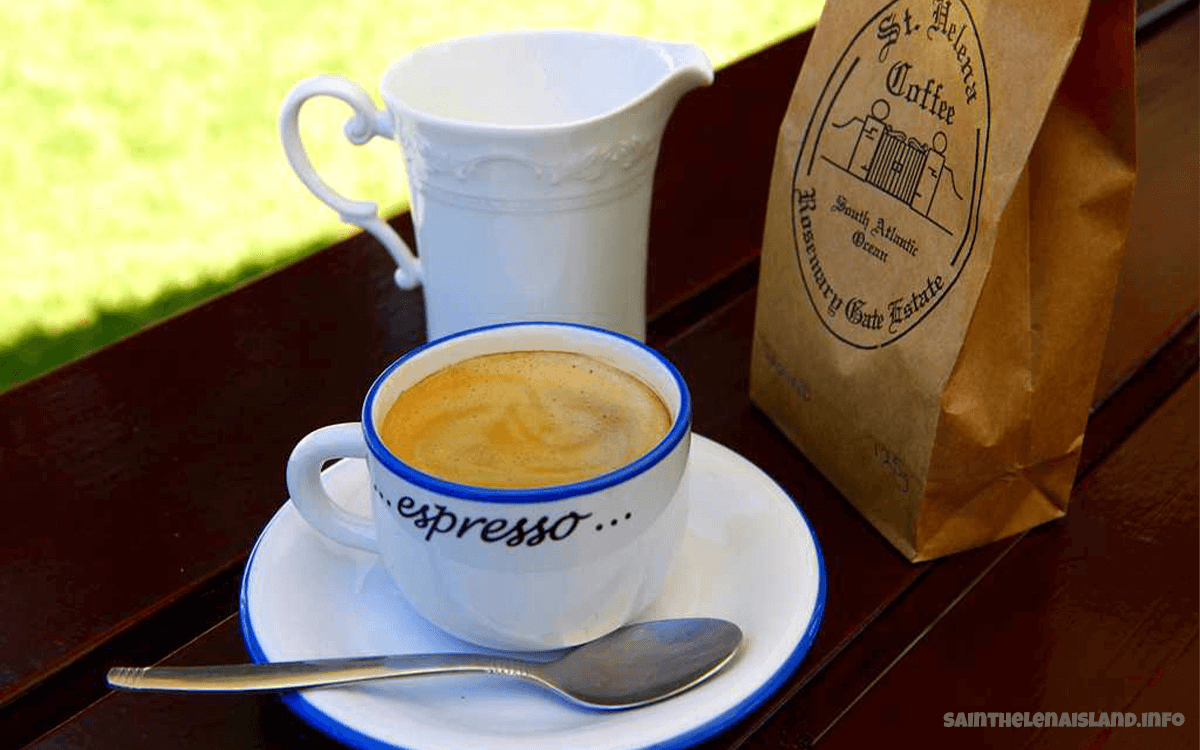
This is a coffee whose availability is not persistent. The harvest only yields about 660 pounds (300 kg) yearly, so it isn’t even available on an annual basis. The rarity of this varietal, unique coffee allows Starbucks to make just a few hundred 8.8 ounce (250 gram) bags of it and distribute it around the U.S. for $80 per bag in only select locations.
The Isle of St. Helena is located in the Atlantic Ocean, situated about halfway between southwest Africa and Brazil. The remote island is particularly famous for being the place where Napoleon was exiled too after being defeated in his attempt at a global takeover. In fact, the island is so remote it can only be reached by a 1,615 mile (2,600 km) flight from Angola, which contains their nearest airport.
The coffee trees on St. Helena were brought there in the 1700s by the representatives of the British-owned West India Company, though their origin is actually from the Port of Mocha in Yemen. The coffee-growing operation on the island was dormant for many years until it was revived by British native David Henry in the 1990s. He had a good run, but his company fell into disarray by the mid-2010s.
In an attempt to salvage the operation, Starbucks buyer Ann Traumann wanted to purchase a third of the island’s coffee crop supply in 2016. Starbucks believed that the “subtle floral aromas leading to notes of soft caramel and citrus” could make it a big seller of the coffee variety around the world according to coffee specialist Leslie Wolford.
5. Hacienda la Esmeralda ($144/lb / $317/kg)
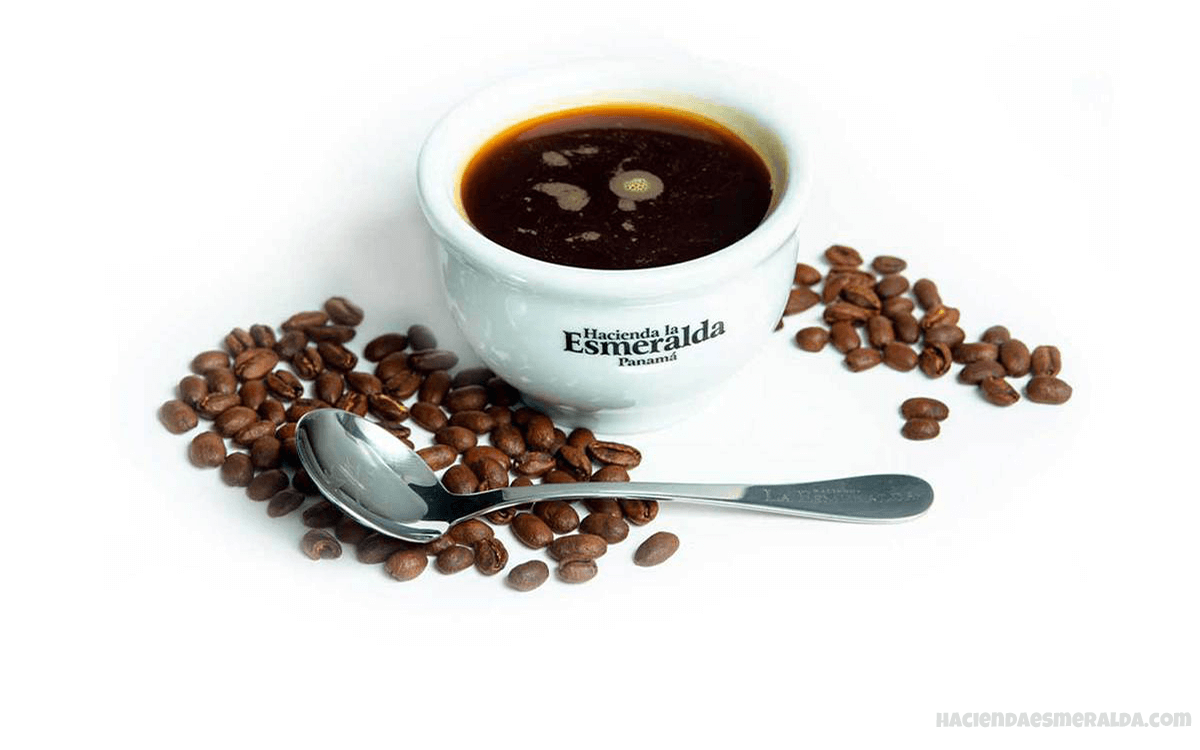
Imagine for a moment drinking a cup of coffee with sugar and cream, but having it taste like a lemon bar. Those who have had the privilege of tasting Panama’s Hacienda la Esmeralda coffee report that very same experience, tasting a combination of lemon, peach, and jasmine.
Hacienda la Esmeralda coffee is developed by the Peterson family who has operated their coffee farm, located near Ecuador in the Panama highlands (about 1500 meters or 4900 feet above sea level) for 35 years and are very selective when picking their coffee strains. This coffee bean, which resulted in an exquisite product that carries the title of 2020 Good Food award winner, is carefully sorted to isolate only the best beans of the harvest.
It is no wonder it commands a very high price at coffee auctions and has won Best in Panama competitions against all other coffee products consistently.
The Peterson family is also highly regarded in the region for the exceptional treatment of their work staff. Not only does their Hacienda la Esmeralda receive bonuses, they pay their wages even when it isn’t a free growing season, to help the workers’ families get by. But their fairness and generosity don’t stop there. They provide health and dental insurance, as well as complimentary childcare for kids under 5 years of age.
They even supply their labor force members with fish, beans, and rice to assure the workers are provided optimal nutrition. Children are allowed to work on the farms too, but not until the age of 15. The kids also receive elementary through high-school education free of tuition costs and even qualify for University of Panama scholarships. Perhaps the coffee simply tastes better due to the exceptional treatment of the staff?
U.S. buyers interested in purchasing Hacienda la Esmeralda can do so for $36 per quarter-pound plus shipping charges and tax, and the roasts can only be shipped out on Wednesdays.
6. Hacienda El Roble Coffee ($100/lb / $220/kg)
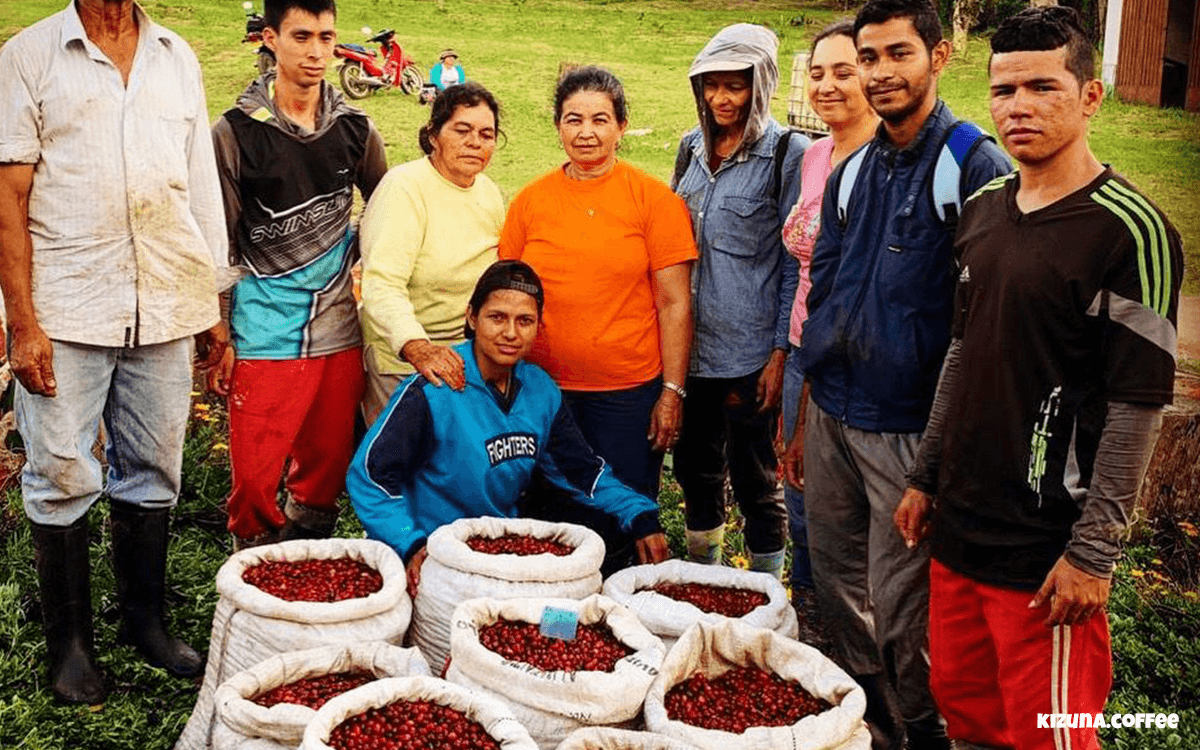
When it comes to exceptional forward-thinking, progressive, and modern coffee farms, Hacienda El Roble Coffee’s Columbia farm may rank at the top of the list. The farm is a favorite at US auctions thanks to its environmentally-conscious mentality and its support for South American coffee workers. A 2019 donation of a pound of Hacienda El Roble Coffee garnered a record $120.05.
The Hacienda El Roble Coffee farm utilizes compost from neighboring chicken farms, then sheltered under replanted trees as part of a larger effort of reforestation. The Hacienda El Roble farm even employs a full-time agronomist responsible for overseeing the entire coffee production process. The farm features an entire variable coffee plant garden, but its primary beans deliver a beverage that has a rich-bodied taste with deeper flavors.
7. Jamaican Blue Mountain RSW Estates ($70/lb / $154/kg)
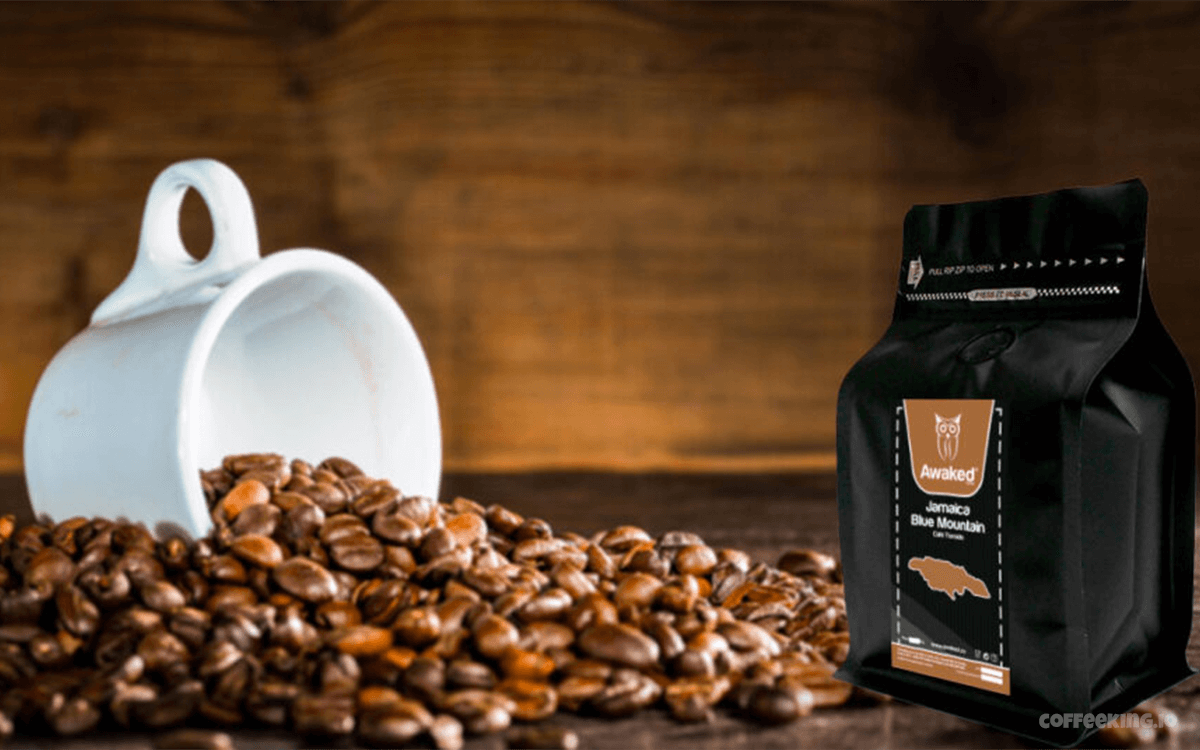
The Jamaican Blue Mountain RSW Estates coffee plantations can trace their origins all the way back to the 1700s, spread across three estates (Resources Coffee Farm, Whitfield Hall, and Sherwood Forest) in the mile-high mountainous regions. The coffee is renowned for its citrusy notes and ample sweetness without sugar-based additives, simply enhanced by the correct acidity balances.
8. Jamaican Blue Mountain Wallenford Estate ($70/lb / $154/kg)
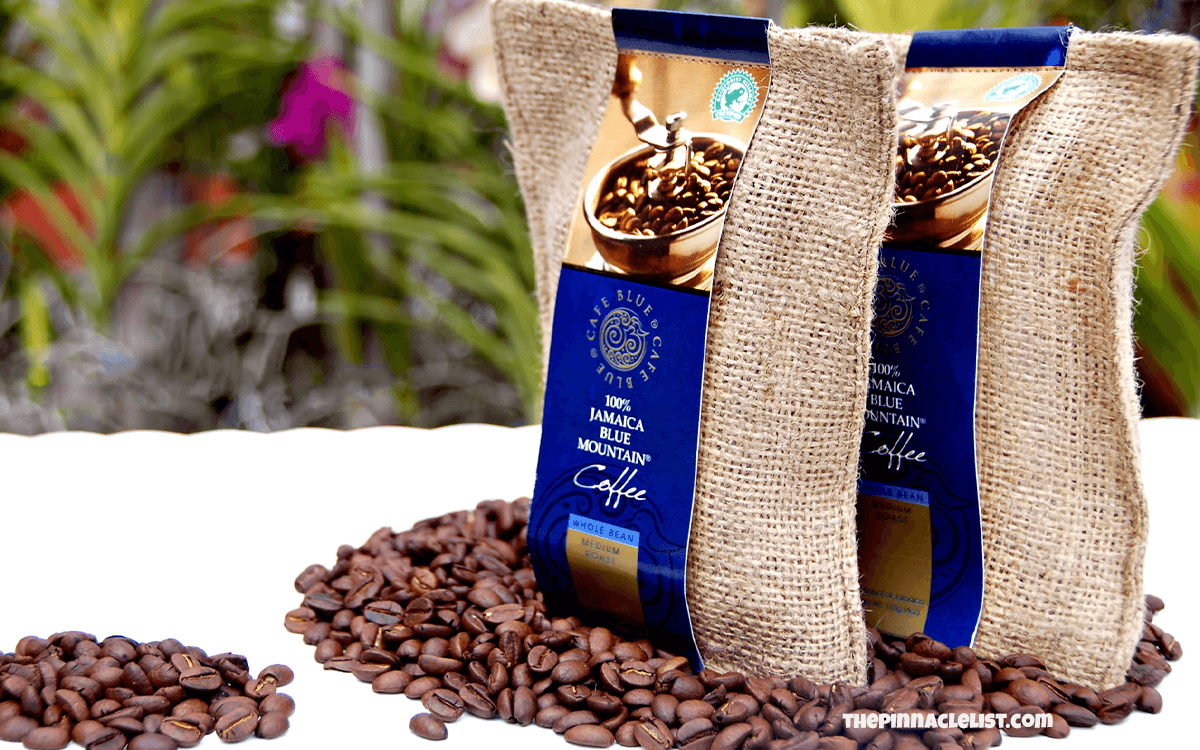
In the 7000-foot (2100 meter) elevations of the Grand Ridge of the Blue Mountains of Jamaica, a small farm grows the delightfully flavorful coffee beans in misty, cool conditions at the historic Wallenford Mill. The ambiance and methods of growth help to grow beans that produce coffee prized for generations for its full-bodied, rich flavor.
9. Finca El Injerto Peaberry ($60/lb / $312/kg)
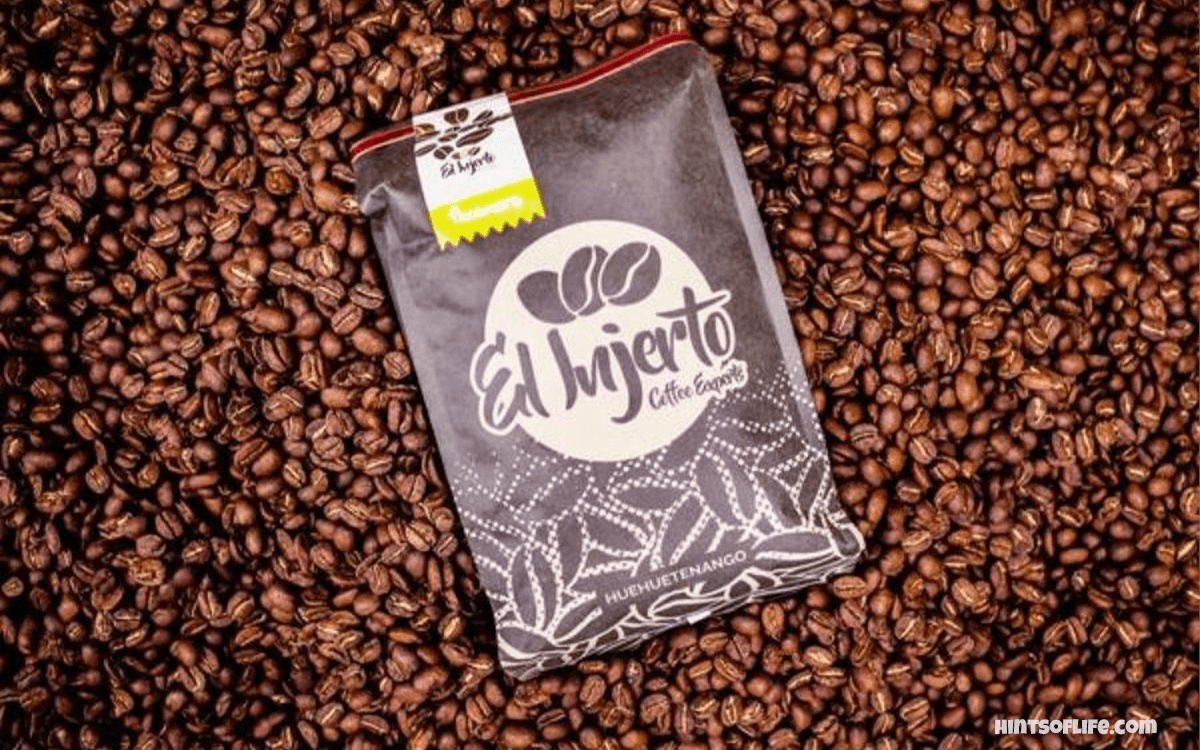
The Finca El Injerto Peaberry beans are grown in Guatemala where these peaberries (small beans) are hand-sorted and roasted. When they cool, they yield a strong citrusy flavor with a win-like texture. They can be acquired for $60 per pound in available marketplaces.
10. Fazenda Santa Ines ($50/lb / $110/kg)
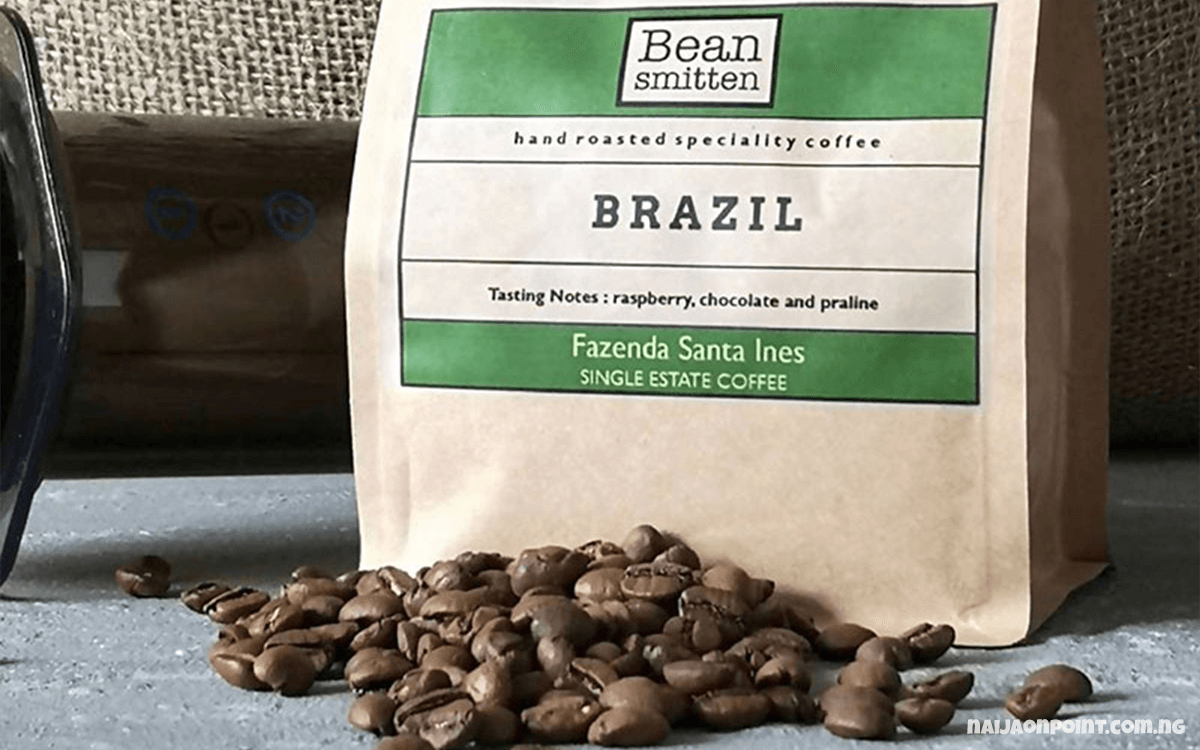
Not only is the Brazilian Fazenda Santa Ines coffee brand rich in fruity and complex flavor, but it is also among the world’s most consistent products. The secret to the delightful flavor lies in the mineral waters that flow through the coffee fields where the beans for Fazenda Santa Ines are grown.
11. Hawaiian Kona Coffee, Honaunau Estates ($45/lb / $99/kg)
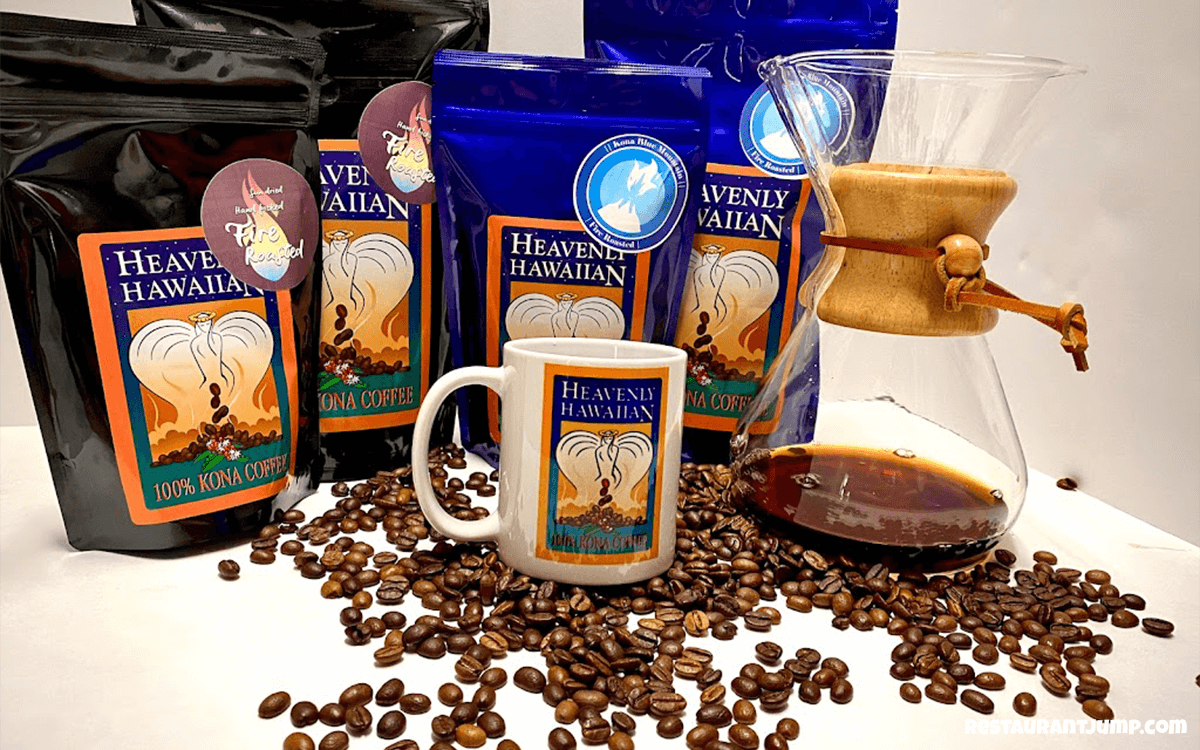
Grown in mild conditions at altitudes ranging from 1400 to 2000 feet (425 t0 610 meters) on the big island of Hawaii, the Honaunau Estates coffee is yielded well a full-bodied, well-rounded flavor. However, some coffee brands that claim to be “Hawaiian” only contain 10% Kona beans. When buying this coffee variation, the buyer should consider making sure that the brand is confirmed to be made 100% from Kona beans.
12. Los Planes ($40/lb / $88/kg)
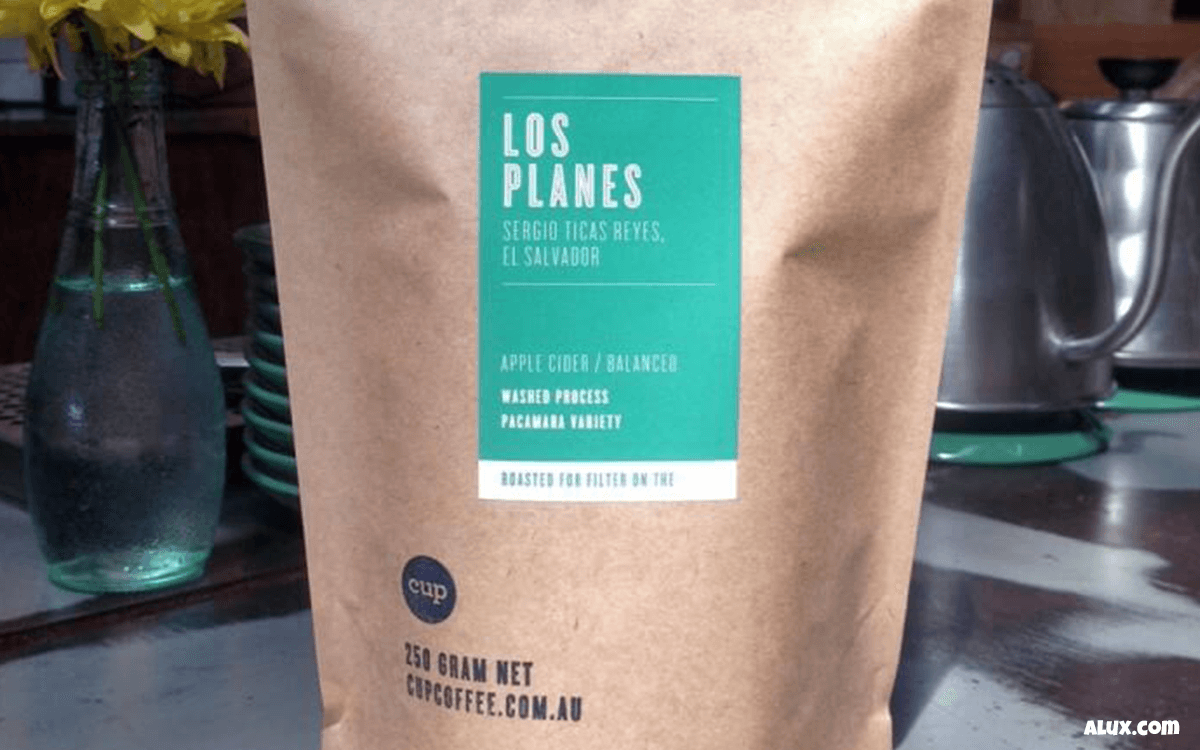
This unusual tasting coffee has sparked conversation among coffee connoisseurs that point to hints of raspberry and blackberry in the coffee’s taste. The Los Planes coffee comes from El Salvador and is produced from atypically large coffee beans that yield the drink with especially deep flavors.
13. Cordillera Suprema Coffee ($30/lb / $66/kg)
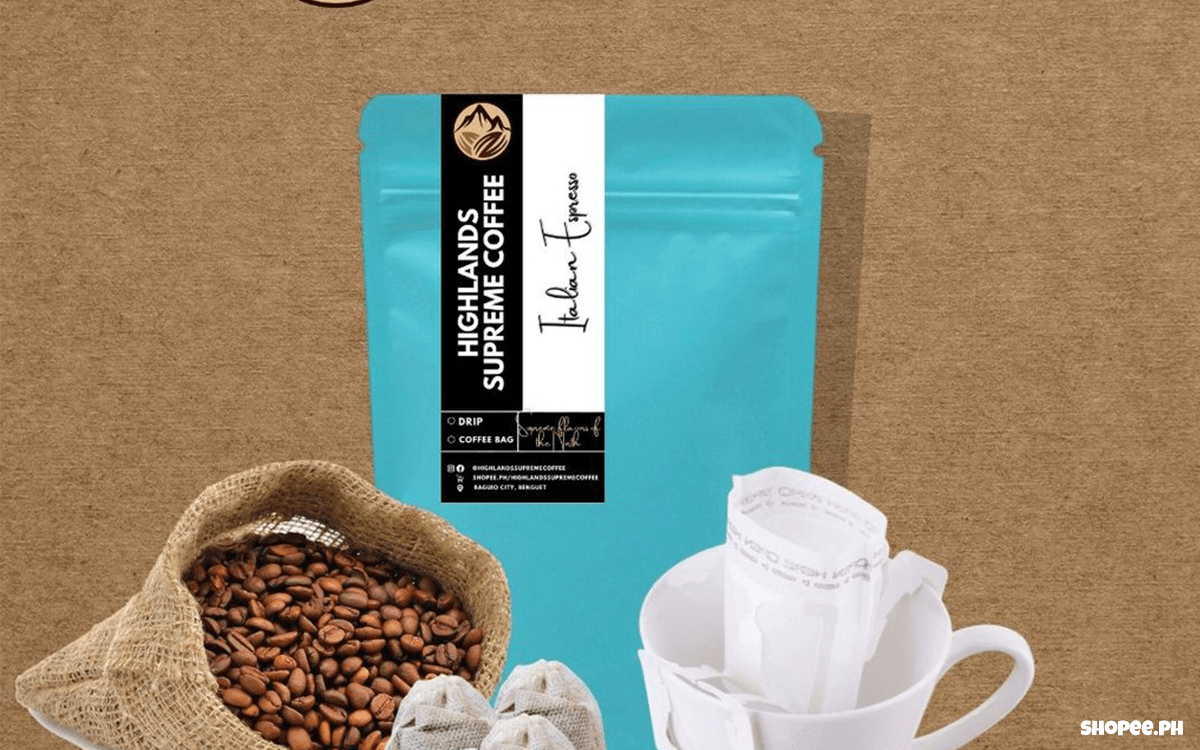
At one point in history, the Puerto Rican Cordillera Suprema Coffee was the favorite of kings and popes alike. More recently, the natural disasters afflicting their area of the world have made production more challenging, but the brand maintains its commitment to offering its delightful coffee brand to U.S. markets for $30 a pound.
14. Carmen Patino And Lucas Pinhcao ($26/lb / $58/kg)
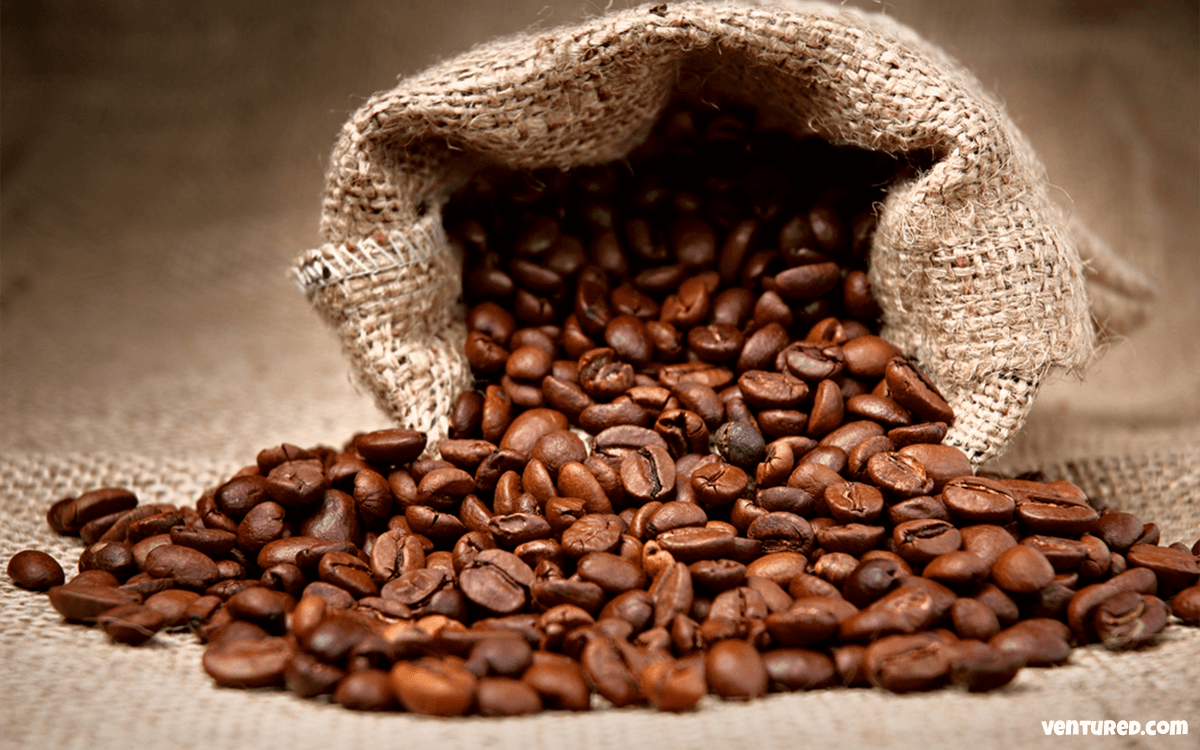
The pair of Carmen Patino And Lucas Pinhcao topped the 2014 Cup of Excellence series as #1 and #2 spots, with the ratings separating the two coming down to just half a point. Those wishing to consume their coffee without additives like sugar and cream would be delighted at the rich, sweet flavor of these two choices, as they are gustatory enough to not warrant any additions for enhanced flavor.
15. Biftu Guidina ($26/lb / $58/kg)
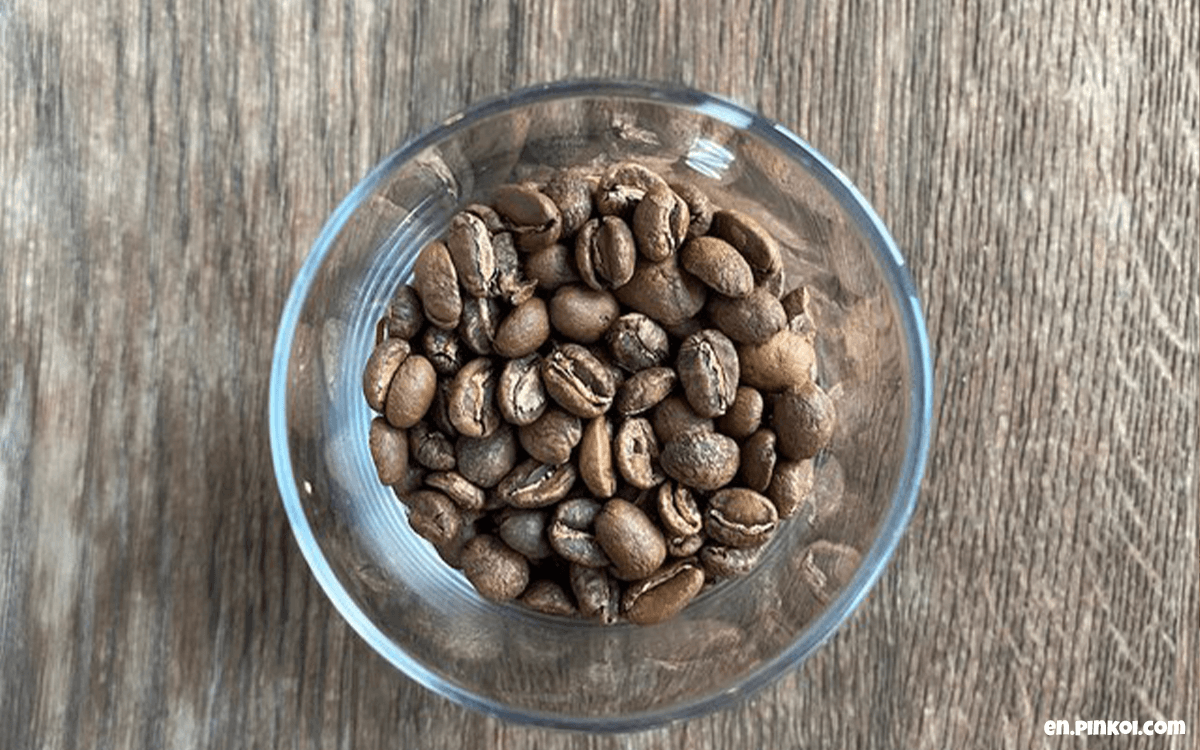
If you’ve ever wondered where coffee originated, here is the scoop: Ethiopia. It would then make sense that one of the premier coffee brands in the world also comes from the region. The Biftu Guidina coffee is marketed by the growers’ cooperative which has been around since 2002. The coffee doesn’t just present a notable presence of tangerine and jasmine, it has a wine-like consistency, and unlike most hot cups of coffee, this one is meant to be consumed at room temperatures.
16. Rwanda Blue Bourbon Coffee ($24/lb / $52.95/kg)
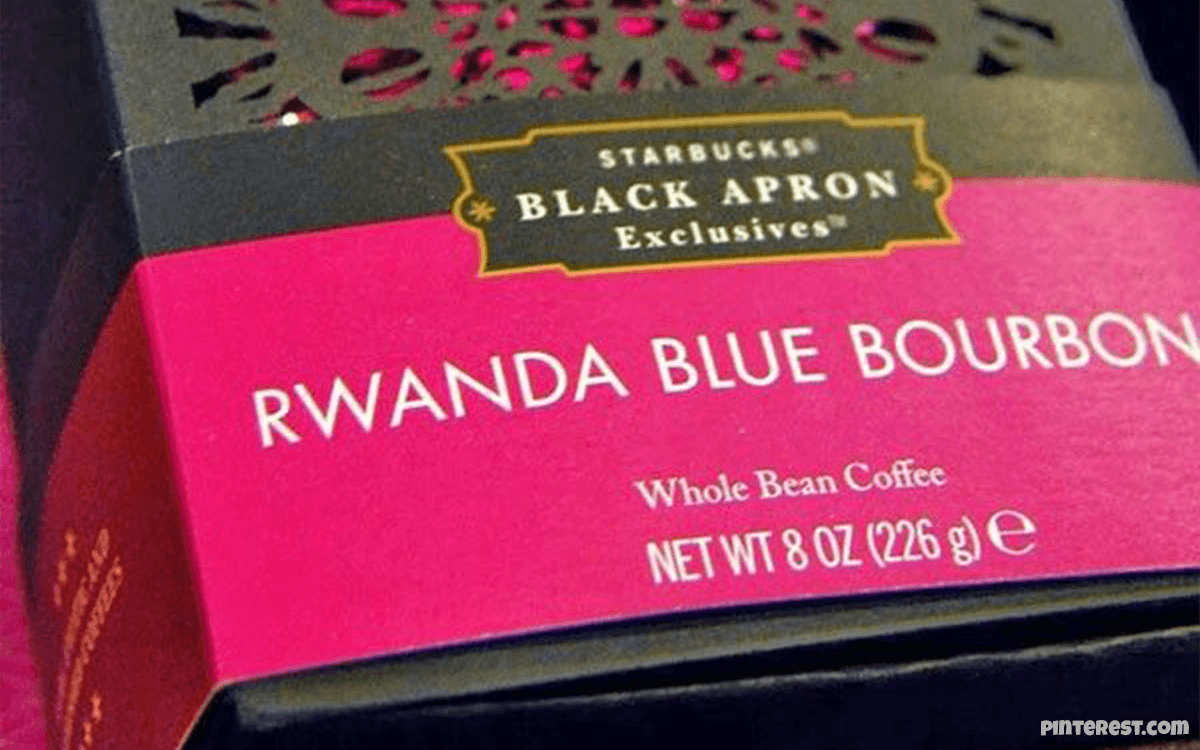
It is common for Rwandan coffees to develop terroir, that like fine wines, connects to a specific place. This applies to the Rwanda Blue Bourbon Coffee as well. The coffee variant yields a taste that has a hint of lemon, black cherries, and spiced nuts.
17. Chiapas Black Powder Coffee ($20/lb / $45/kg)
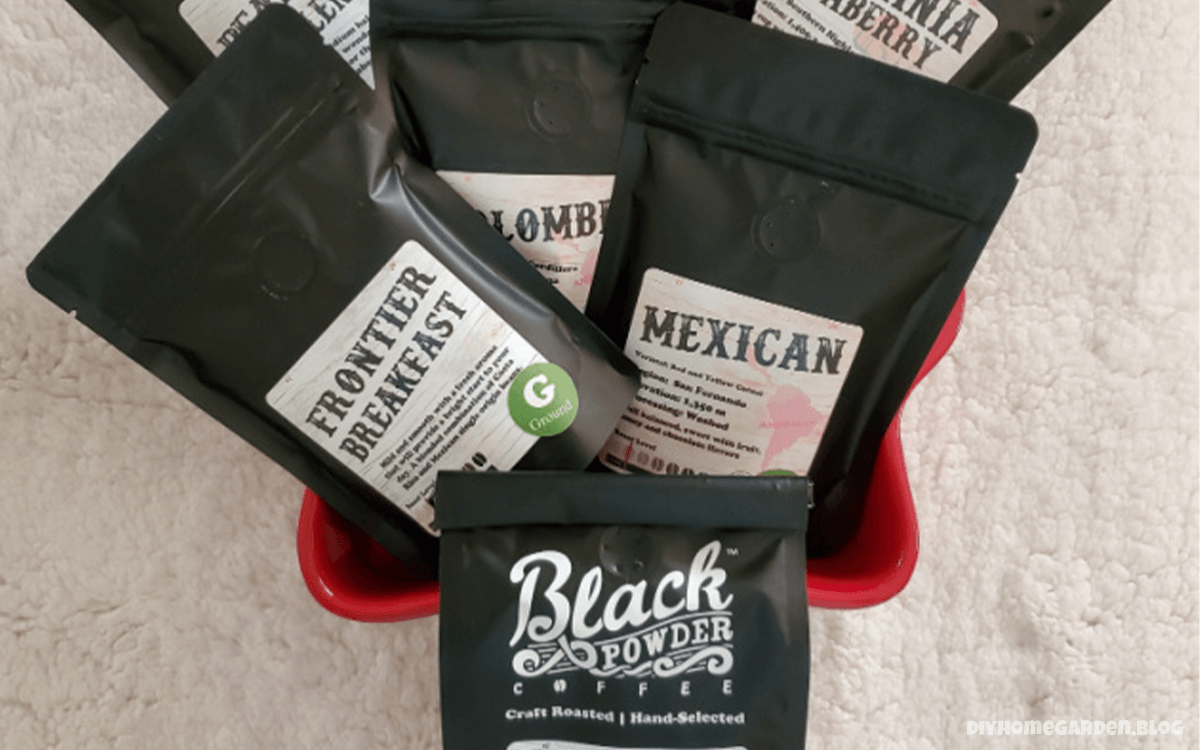
Rounding out our most expensive coffee in the world list is Chiapas Black Powder Coffee which is produced in Mexico. Like most coffee brands from the region, it is distributed in limited quantities. Their growth in the state of Chiapas is promoted by the volcanic-rich soils of the region. The coffee’s flavor has a hint of citrus, chocolate, and honey. You can find them in most tortillerias and grocers in Chiapa.
Conclusion:
In conclusion, the world of coffee offers a wide range of flavors, aromas, and experiences, including some of the most expensive coffees in the world. From Kopi Luwak to Black Ivory, these rare and exotic coffees are often the result of unique and labor-intensive processes and can fetch thousands of dollars per pound.
While the high price tag may not be accessible or justifiable for everyone, it is a testament to the dedication and passion of coffee producers and the demand for exceptional and exclusive products. Whether you are a coffee enthusiast or enjoy a good cup of joe, exploring the world of expensive coffee can be a fascinating and indulgent experience.
Frequently Asked Questions:
How to make whipped coffee without instant coffee?
To make whipped coffee without instant coffee, brew a strong batch of your preferred coffee and let it cool. Mix together coffee, sugar, and hot water together, then whip until the mixture becomes light and fluffy. Serve the whipped coffee over iced milk for a refreshing beverage.
Do flavored coffees have sugar?
Flavored coffees may contain sugar, but it depends on the specific product. Some flavored coffees use artificial flavorings or natural extracts, while others use syrups that contain added sugar. Always check the label or ask the manufacturer if a flavored coffee contains added sugar.






